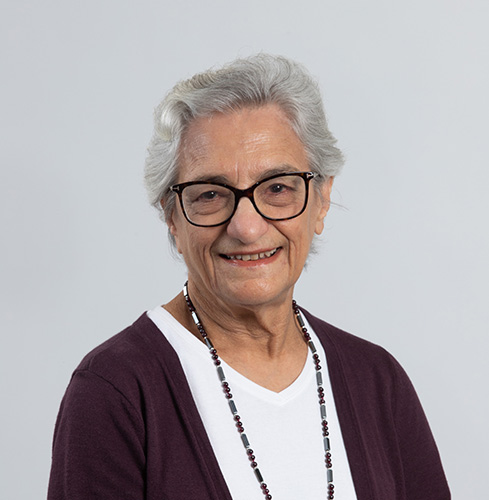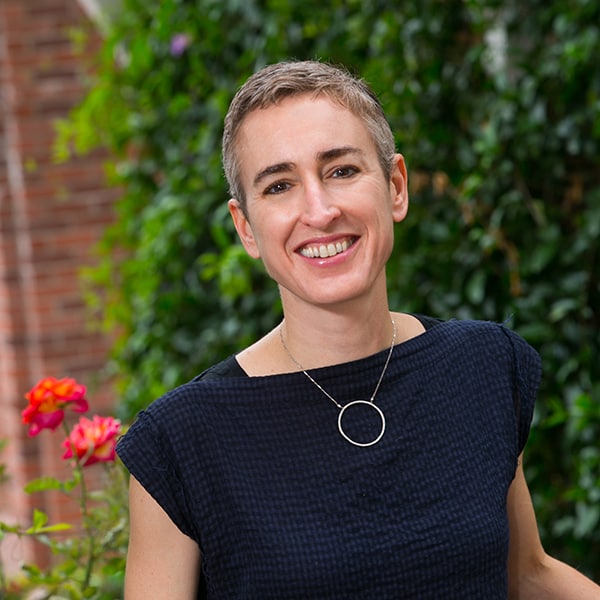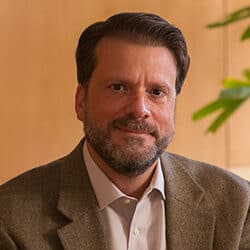These USC Price professors will speak at the L.A. Times Festival of Books

This year’s Los Angeles Times Festival of Books features several faculty from the USC Sol Price School of Public Policy, including authors of books on housing, Congress and rural America.
Considered the nation’s largest literary festival, the weekend event brings more than 500 writers and experts to USC’s 226-acre campus. The festival, which runs from April 22 to April 23, will include three panels with members of the USC Price School community. Here’s what to expect:

Cutting Carbon in California
California officials have set an ambitious goal to make the state carbon neutral by 2045, meaning the state would remove as many carbon emissions from the atmosphere as it emits.
How can the state achieve this? Genevieve Giuliano, Distinguished Professor and Margaret and John Ferraro Chair in Effective Local Government at the USC Price School, is among a group of panelists who will discuss the political, economic and societal challenges to implementing this energy plan.
“Achieving net zero is a hugely ambitious goal, because it will take eliminating use of fossil fuels entirely, or a combination of large fossil fuel use reductions plus carbon sequestration and other strategies,” Giuliano said. ”Expansion of nuclear energy would also have to be on the table. We may wish to think about ‘near net zero,’ which would be more feasible and cost effective.”
She will be joined by Najmedin Meshkati, professor at the USC Viterbi School of Engineering, and Gale M. Sinatra, the Stephen H. Crocker Chair at the USC Rossier School of Education.
The event takes place at noon on Saturday, April 22 at Wallis Annenberg Hall.

Confronting L.A.’s Housing Crisis
Rising rents and a shortage of housing units has made living in Los Angeles too expensive for many residents. USC Price School Professor Liz Falletta, an architect and expert in L.A.’s housing history, will discuss how to tackle the city’s housing crisis. She authored the book “By-Right, By-Design: Housing Development versus Housing Design in Los Angeles.”
“There is a lot of policy experimentation in housing right now, which I think is a great thing. Because we are not going to fix the crisis in one fell swoop with a single strategy,” Falletta said. “We need 50 different strategies all working towards the goal of more housing production.”
Joining Falletta are Ken Bernstein, principal city planner for L.A.’s Department of City Planning; Todd Gish, an architect, urban designer and USC Price School adjunct professor; and Frances Anderton, author and host of KCRW’s DnA: Design and Architecture radio show.
The panel begins at noon on Sunday, April 23 at Wallis Annenberg Hall.

Mending America: Overcoming Our Political and Cultural Divides
This panel addressing the growing political and cultural divisions among Americans includes two USC Price School faculty members.
Elizabeth Currid-Halkett, the James Irvine Chair in Urban and Regional Planning at the USC Price School, is a recent recipient of a Guggenheim Fellowship. She most recently authored the forthcoming book “The Overlooked Americans,” which explores how small-town America’s success can reshape our understanding of the nation’s urban-rural divide.
She’ll be joined by Jeffery A. Jenkins, the USC Price School’s Provost Professor of Public Policy, Political Science, and Law. Two of his recent books include “Republican Party Politics and the American South, 1865-1968 and “Congress and the First Civil Rights Era, 1861-1918.”

“There are no easy fixes to the problems of hyperpartisanship and polarization,” Jenkins said. “All of our institutions – like the mass media, party primaries, and campaign finance laws – incentivize ideological extremism. It’s also true that young people themselves, when they involve themselves in politics, are more extreme than previous generational cohorts. What we can expect, most likely, is more of the same going forward – and the problem may in fact worsen.”
Other panelists include Robert Shrum, director of the USC Dornsife Center for the Political Future, and Geoffrey Cowan, director of the USC Annenberg Center on Communication Leadership and Policy.
The panel starts at 3pm on Sunday, April 23 at Wallis Annenberg Hall.